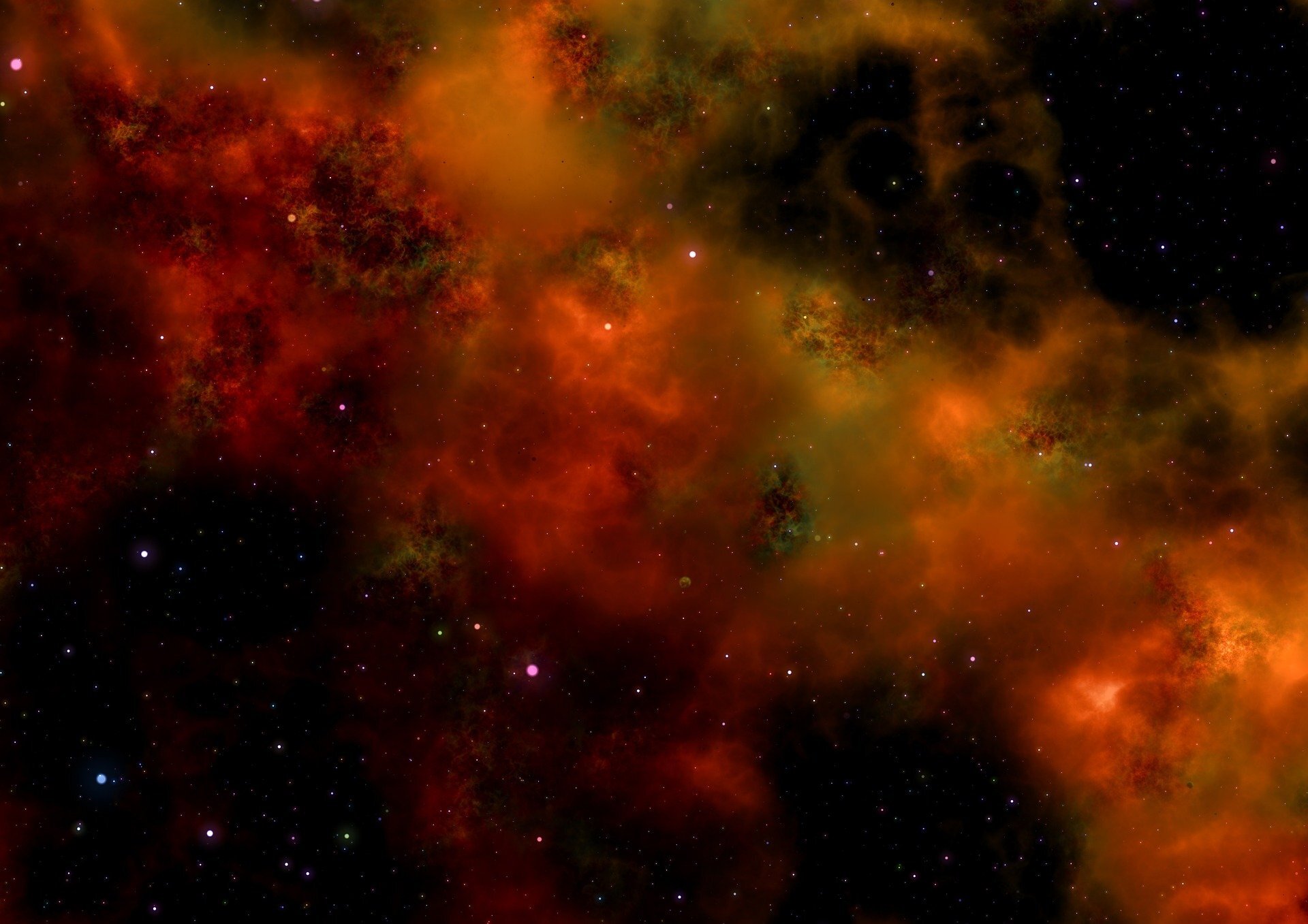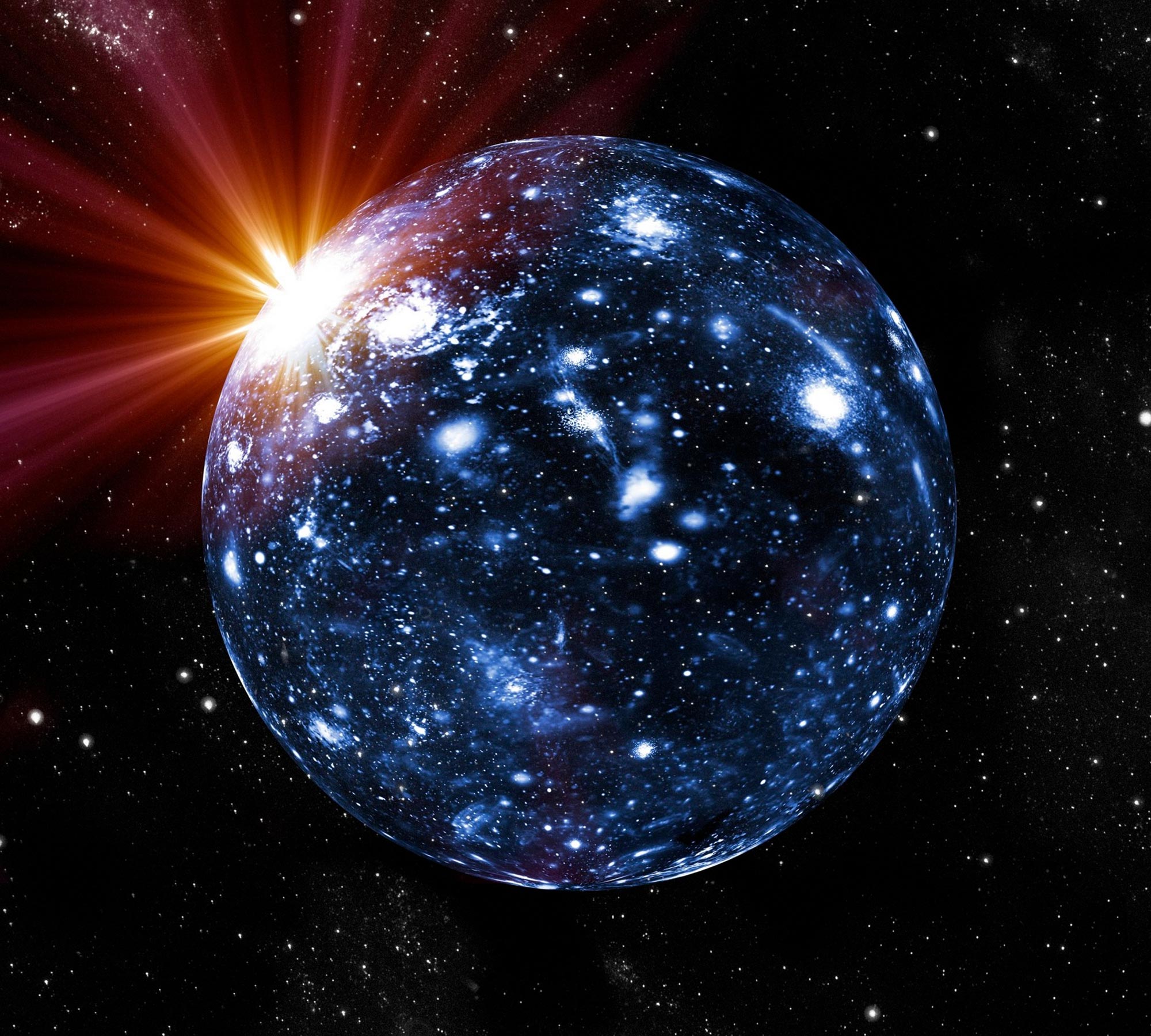Scientists are trying to answer the hardest questions here, but unfortunately, we just don't know and it appears to be impossible to test for "what came before". Still, it doesn't hurt to try and overall helps to increase our understanding of the universe.


 phys.org
phys.org
And does the universe go on forever, or must it end somehow? Good question.


In trying to understand the nature of the cosmos, some theorists propose that the universe expands and contracts in endless cycles.
Because this behavior is hypothesized to be perpetual, the universe should have no beginning and no end—only eternal cycles of growing and shrinking that extend forever into the future, and forever into the past.
It's an appealing concept in part because it removes the need for a state called a singularity that corresponds to "beginning of time" in other models.
But a new study by University at Buffalo physicists Will Kinney and Nina Stein highlights one way that cyclic or "bouncing" cosmologies fall flat.


Do 'bouncing universes' have a beginning?
In trying to understand the nature of the cosmos, some theorists propose that the universe expands and contracts in endless cycles.
And does the universe go on forever, or must it end somehow? Good question.


Does Outer Space End – Or Does the Universe Go On Forever?
Right above you is the sky – or as scientists would call it, the atmosphere. It extends about 20 miles (32 kilometers) above the Earth. Floating around the atmosphere is a mixture of molecules – tiny bits of air so small you take in billions of them every time you breathe. Above the atmosphere is
scitechdaily.com
